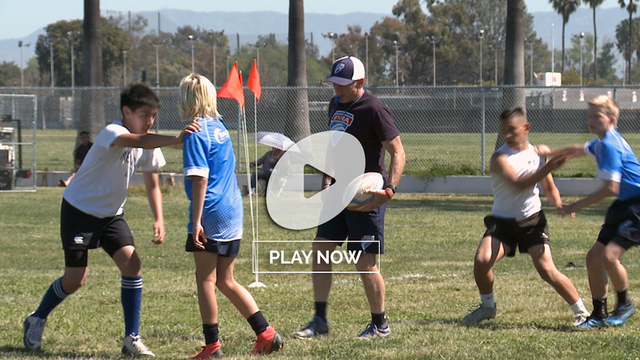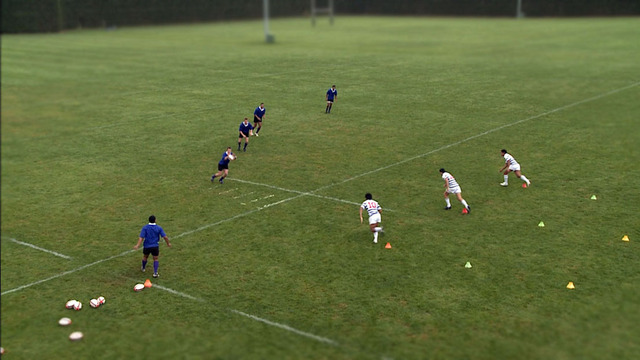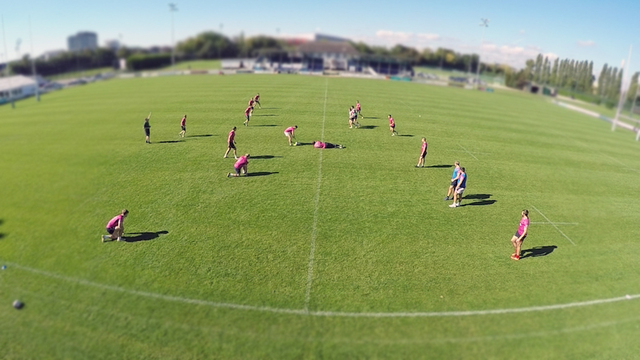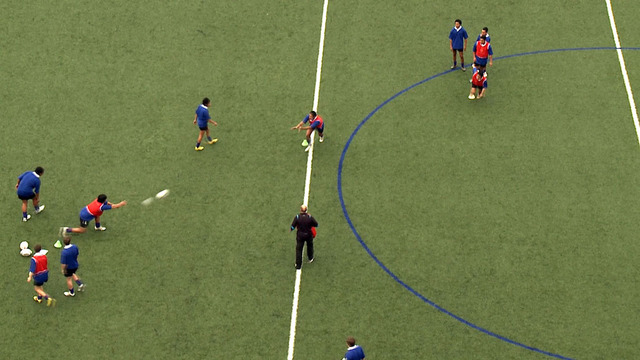The new rules for ‘escort runners’ – defenders ahead of a high kick forming a pocket of protection around the intended receiver – were first trialed in the November series of Tests in 2024. Previously, defenders in front of the ball were legal if they did not deliberately change running lines to block a chaser. After the new ruling, those same defenders would be penalised if they obstructed a chaser, or impeded the contest for the ball in any shape or form.
‘Allow access’ became the new war-cry from referees, and it has drawn a healthy weight of push-back from coaches. As England senior coach Richard Wigglesworth commented,
“I’m not sure it will have the desired effect of wanting clean contests. A clean contest is two guys trying to catch a ball, not one guy who doesn’t have to catch it. Will it lead to more kicks? 100%. There is zero doubt it’s going to lead to more kicking. I thought we were in a good space before.”
In fact, the new ruling has created a far more open and less structured situation for both sides, and the question of where best to spot those defenders who would have previously formed the protective pocket has become an urgent priority. It represents a coaching opportunity as much as it betokens a challenge.
The Super Rugby Pacific match between the Waratahs and the Highlanders suggested where some of those new opportunities might lie:
Summary
With the ball unlikely to be caught cleanly in a straight one-on-one contest in the air, the defenders who might have formed a tight protective pocket around the receiver previously are free to trail the play from positions further ahead of the ball and pick up the crumbs from the table. There is no offside line to stop them playing ‘Dupont’ in a new upfield-defence scenario. Getting an uncontrolled first touch could prove just as dangerous for kicking/chasing side as it might for the receiving/defensive team.
To help develop your high ball contestable skills watch
Wayne Smith’s – Contesting a High Ball video.
or
Leigh Halfpenny’s - Catching a High Ball video.





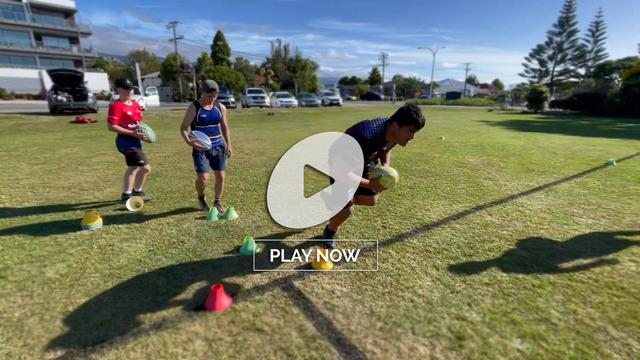

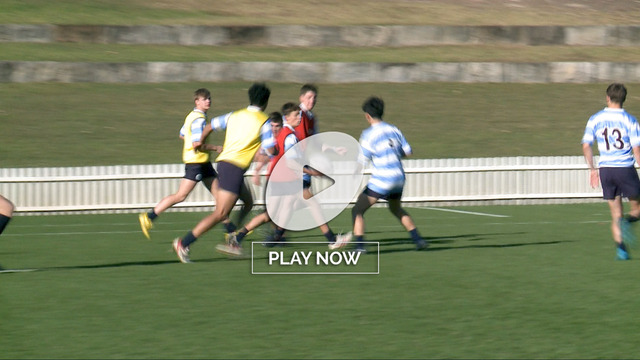

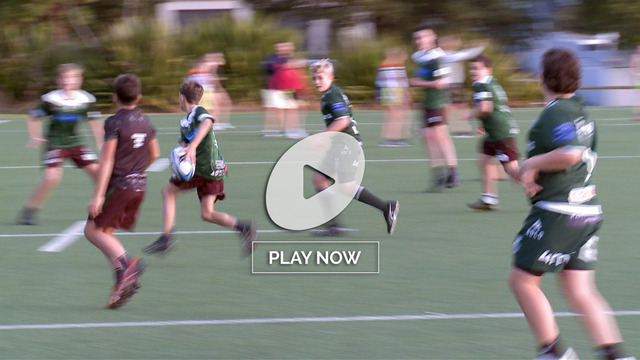

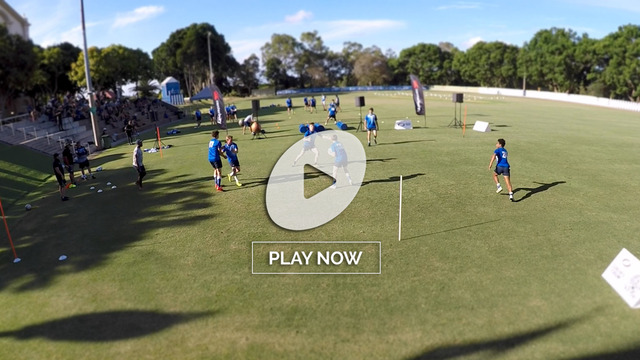
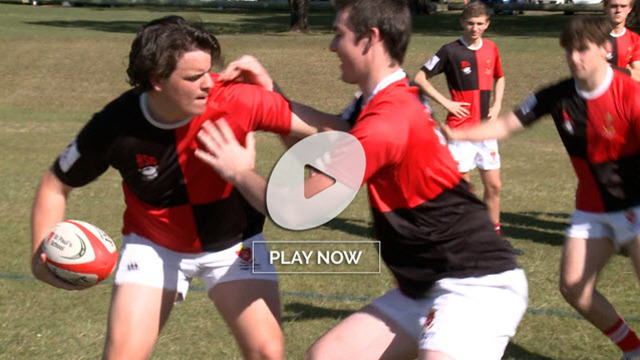
.jpg)
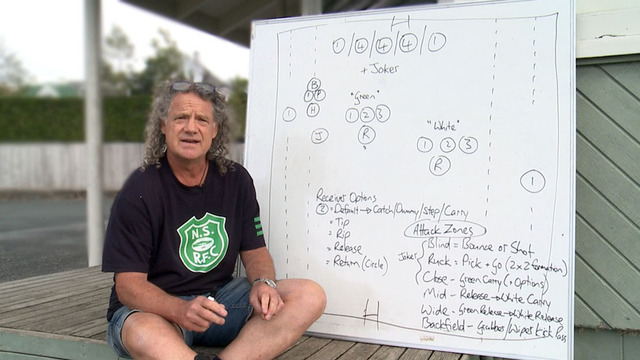
.jpg)
